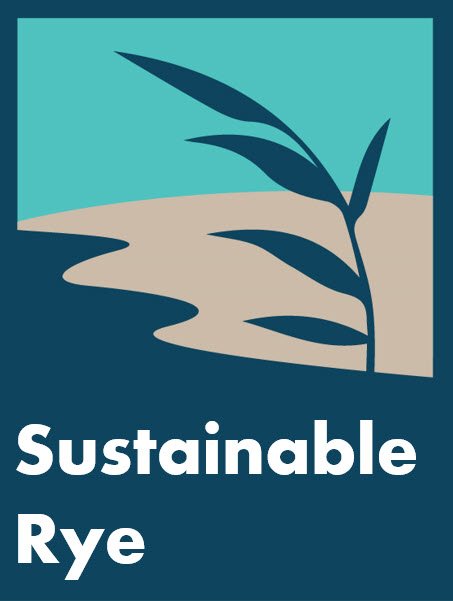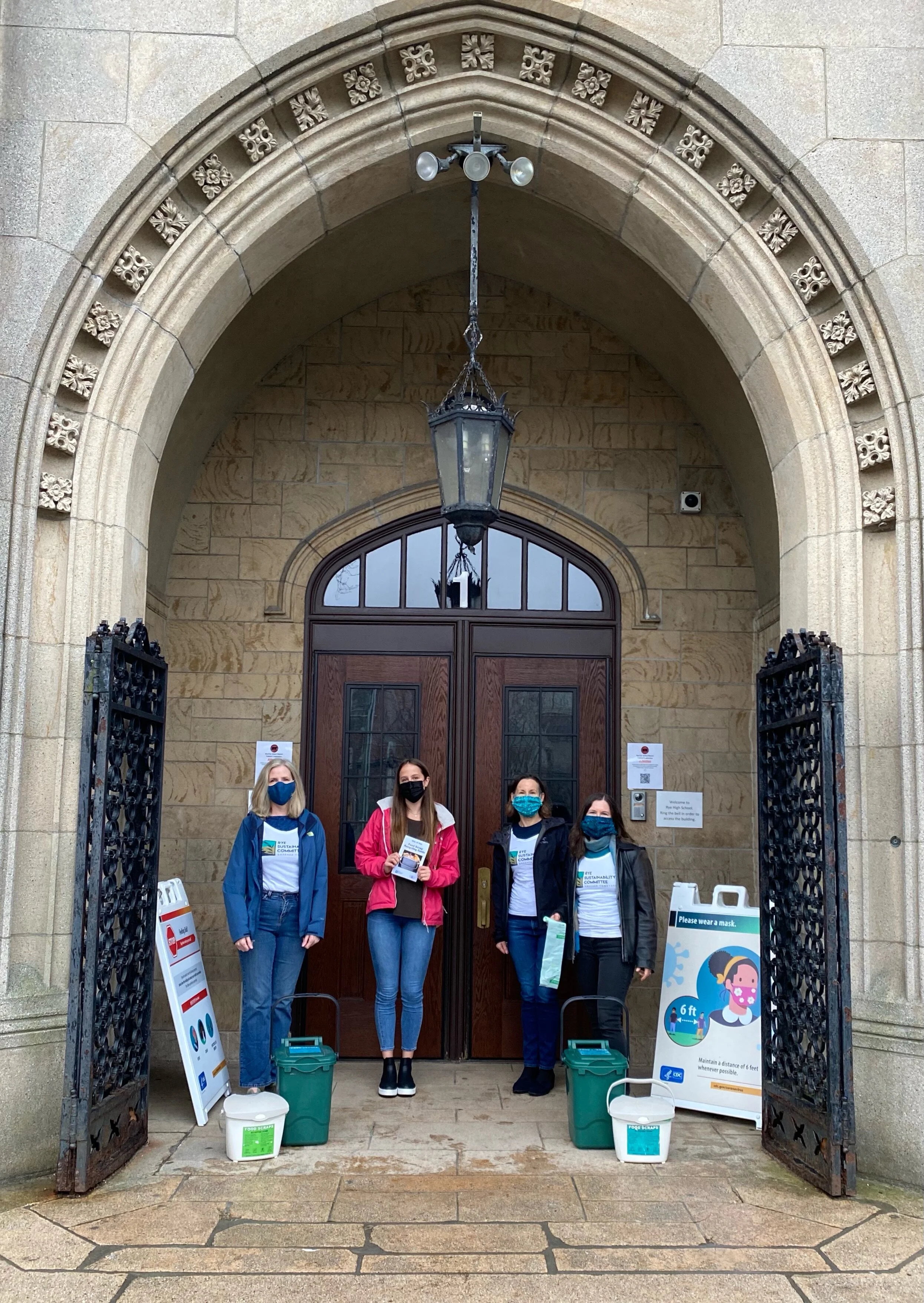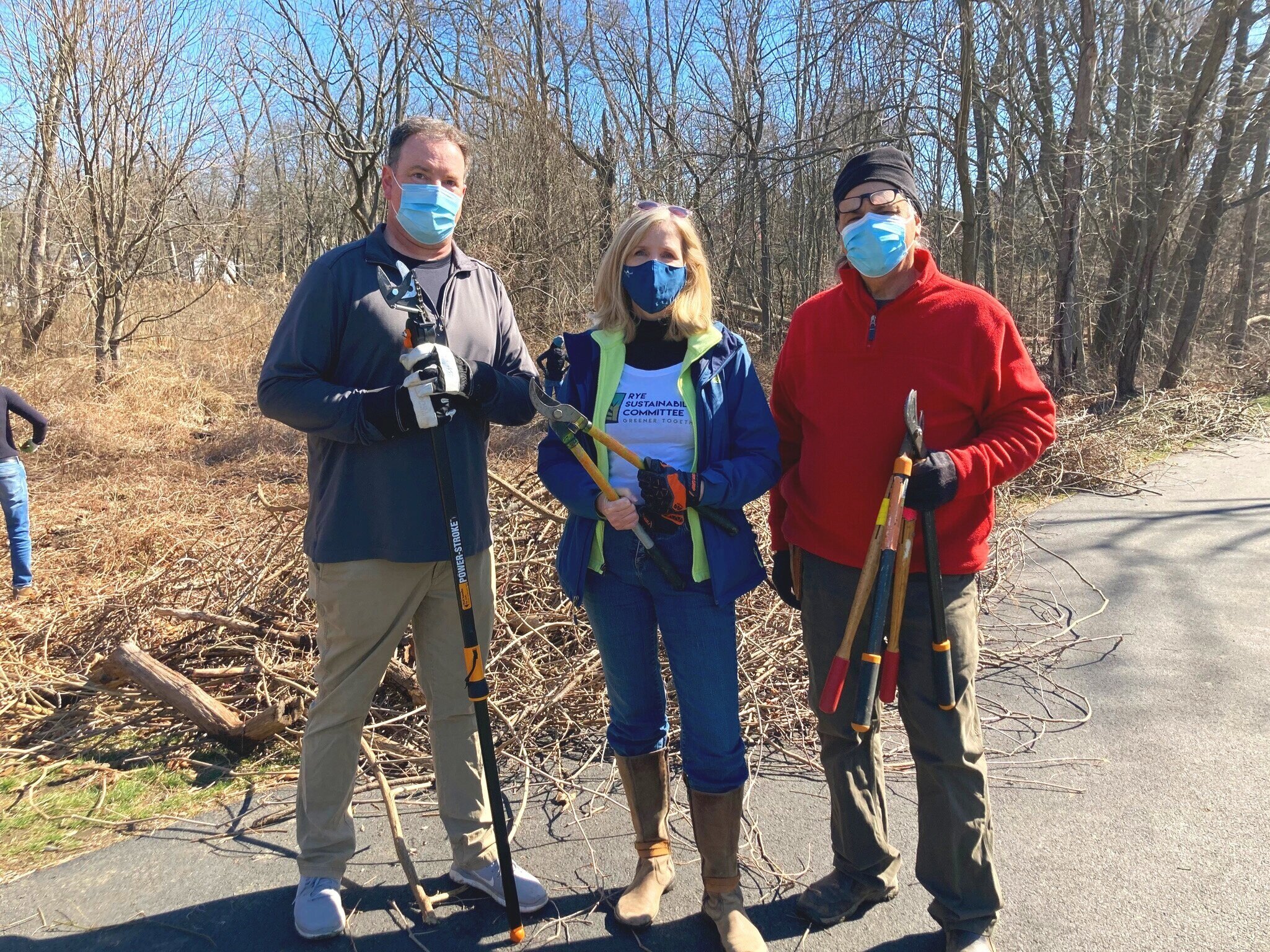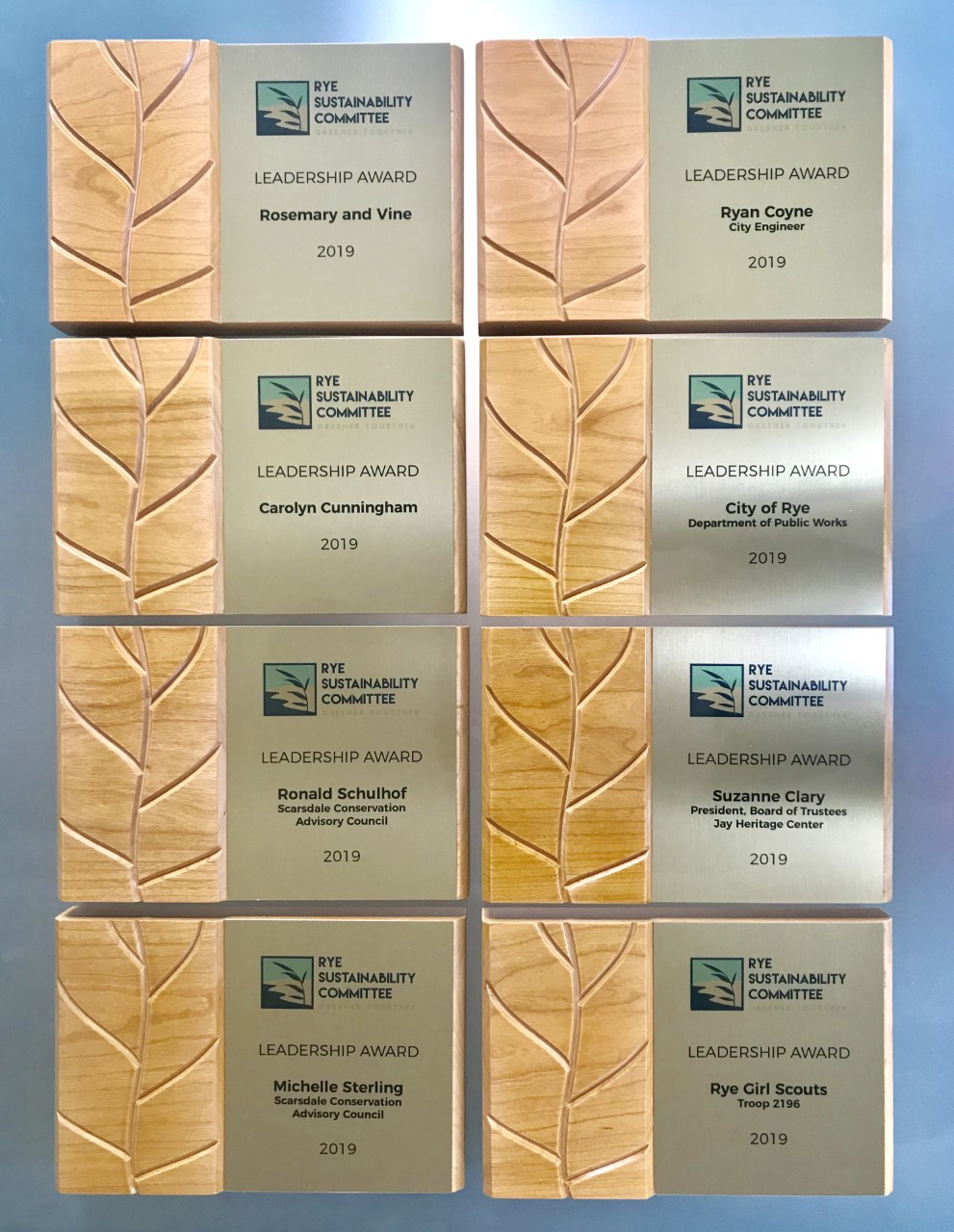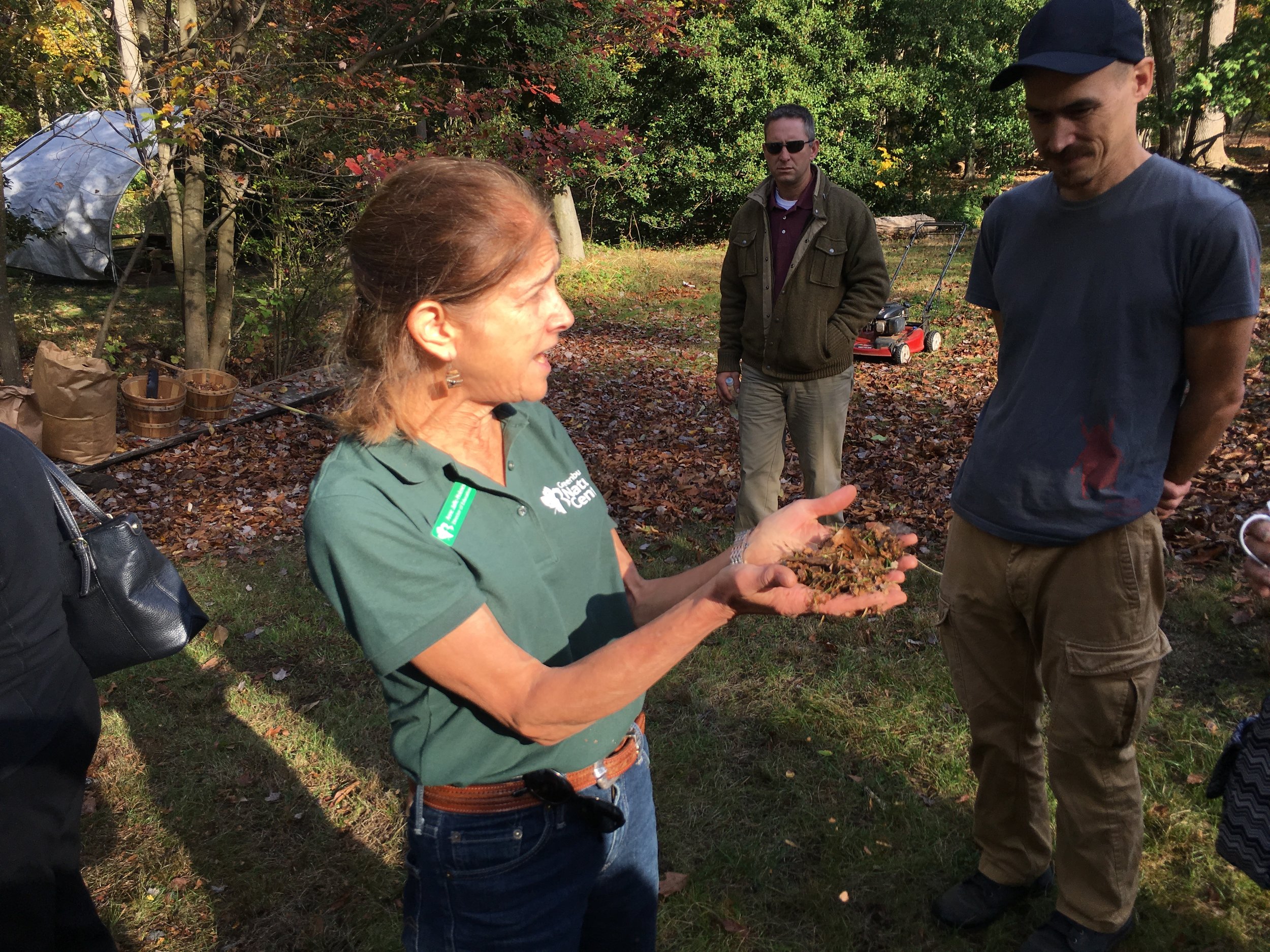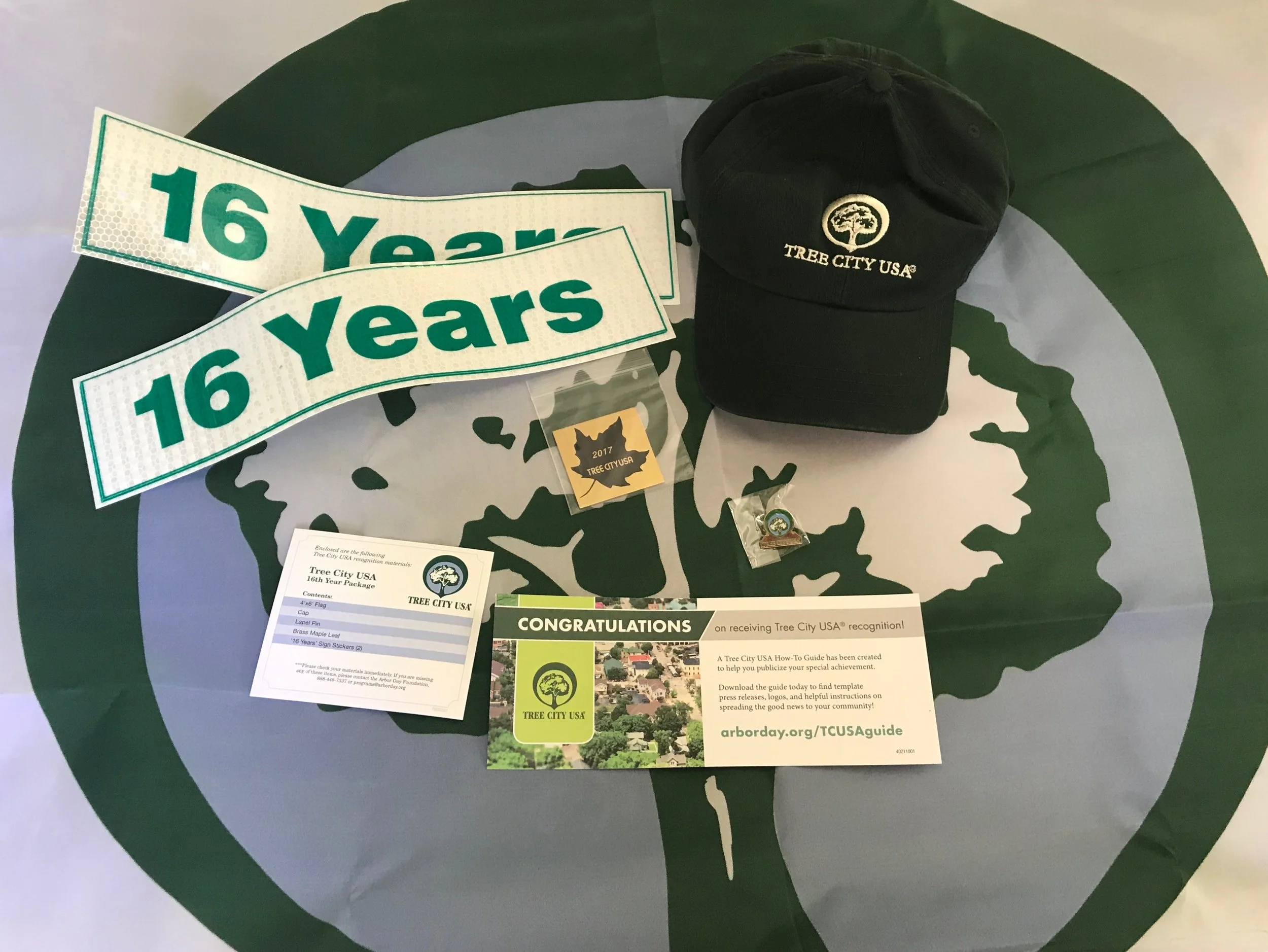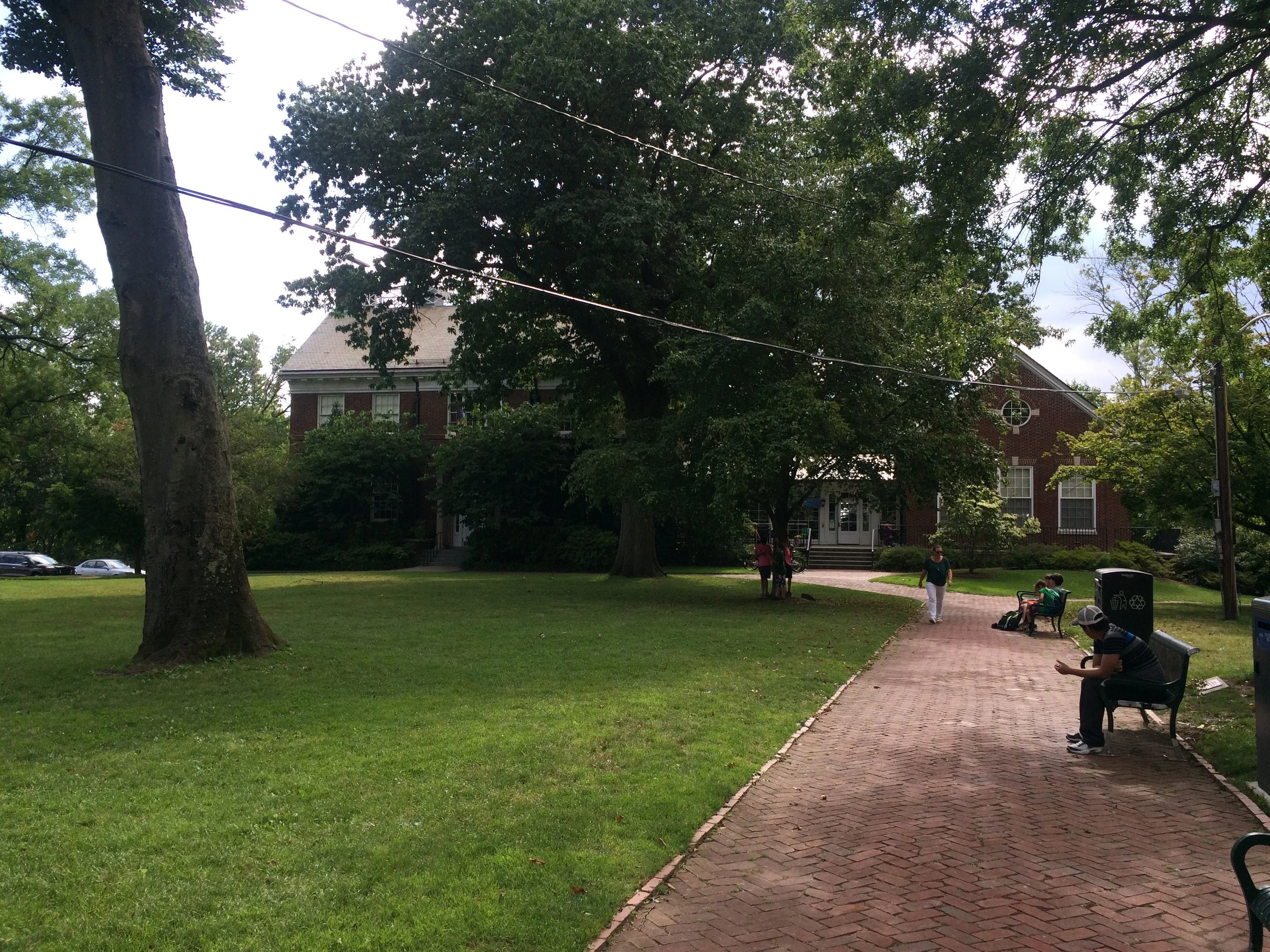By Amy Kesavan, Rye Sustainability Committee
Dropping temperatures have finally arrived. Warm apple cider, pumpkin spice lattes, and Halloween candy will soon allow us to indulge in this delightful time of year when the heat has finally abated and the trees give us a brilliant display of autumn beauty. Lucky for us we get well fed and have big sweaters to hide under until spring.
What you may not realize is that fall is one of the best times to prep for that beautiful healthy green lawn you’ll enjoy next summer. Why? Leaves falling off trees return important nutrients back to the soil. This no-maintenance natural system keeps soil covered and naturally fertilized. With the introduction of modern lawn care last century we interrupted this cycle, leaving soil exposed with those nutrients literally removed and hauled away. Your soil is begging you to reconsider those leaves and finally leave them! It’s time to break them up and mulch them over your lawn.
When leaves are mulched over your lawn they provide a vital - and natural - service. First, they keep small gaps covered. Your lawn lacks a sweater to hide under and it hates to be bare. Mulching leaves provides a fine layer of protection that keeps heat and moisture in your soil over the winter months.
Keeping your soil covered also contributes to weed suppression. If your soil has a fine layer of mulched leaves, those spring weed seeds have a more difficult time making contact with the soil and are unable to germinate. Your grass is dormant, but weed seeds are actively seeking a new home. As leaves break down over winter, earthworms feed on them, weaving their way up and around the soil, naturally aerating it.
Leaf Mulching Demo at Rye Nature Center
Finally, mulched leaves return important minerals and nutrients taken by the tree from the ground, back to the ground leaving a naturally fertilized soil for your lawn to grow. Mulching your leaves over your lawn will not kill your grass; it will make it stronger. How is this achieved? There are a number of ways to work with your landscaper or mulch leaves in place yourself. The resources below will help you get started.
It’s finally time to break them up and leave them …and focus on enjoying a pumpkin latte.
Mulching With a Landscaper
Fall is the time to talk to your landscaper!
Many landscapers have leaf mulching attachments available upon request. If your landscaper does not have one, they can mow a fine layering of leaves without it. Please request they consider purchasing one. If you manage your own lawn, there are an abundance of YouTube videos available to do it yourself.
If you’re considering a new landscaper, consult Rye Sustainability’s landscaper directory for a list of suggestions. Working with a lawn care professional committed to natural landscaping practices is an important component to achieving a truly healthy yard.
Mulching Yourself
After watching Rye Sustainability’s 2017 leaf mulching demo at Rye Nature Center, Rye resident and RSC member Linda Mackay was inspired to buy a leaf mulching blower and mulch her own leaves.
Linda reports that turning the leaves into mulch was very satisfying and only took an hour. It was very easy to manage and she had lots of mulch to spread around her beds.
Resources
Department of Environmental Conservation: What To Do With Fall Leaves
Department of Environmental Conservation: Newsletter on Leaf Mulching
Rye Sustainability: It’s Fall: A Perfect Time to Switch to Natural Landscaping
Rye Sustainability Healthy Yard Program
